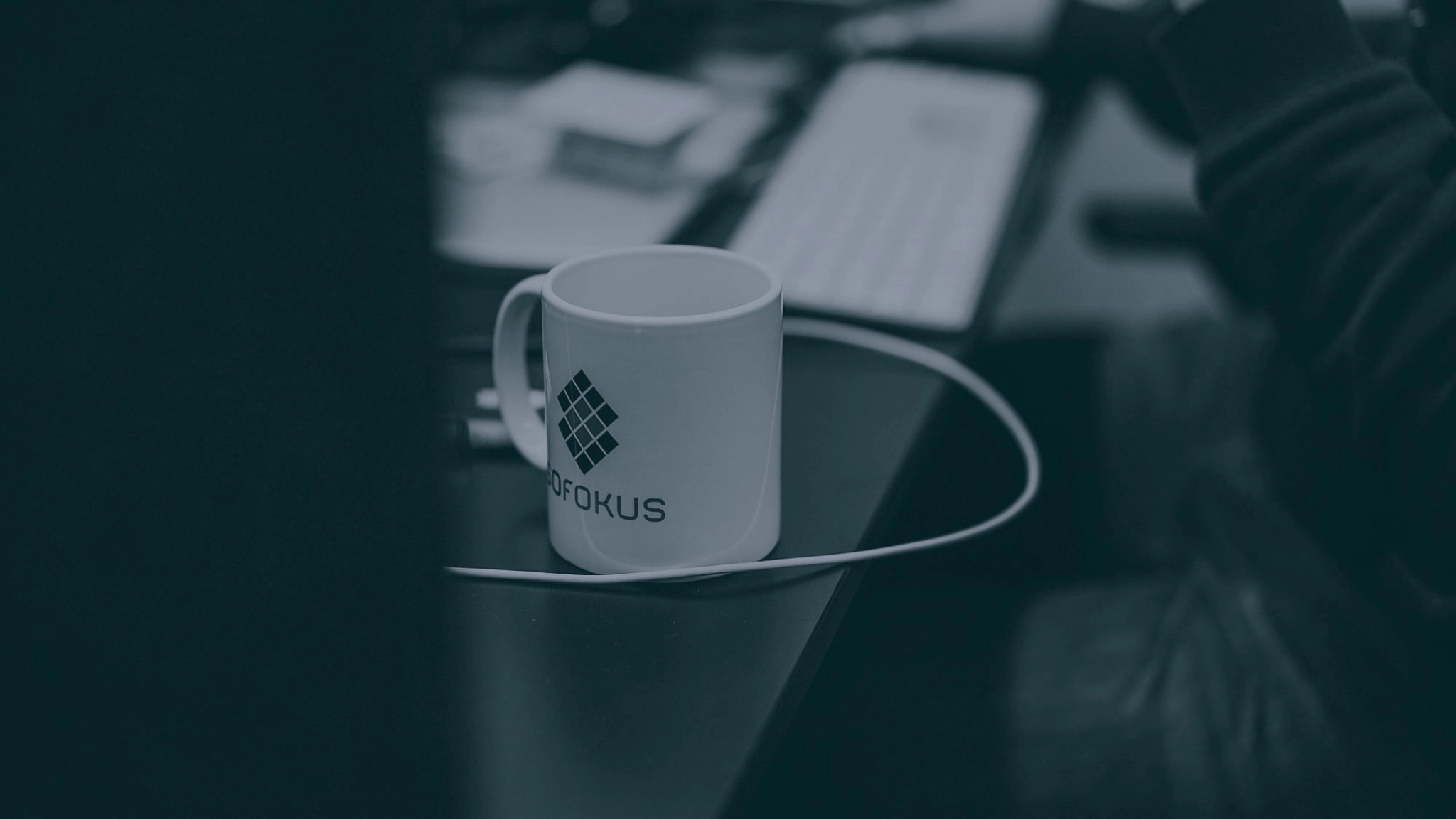
10 | Jan-Philipp Martini: Mindfulness at work
Last season on Better Monday podcast we had the pleasure of hosting many inspiring guests with diverse backgrounds. We interviewed people from highly innovative companies such as Uber, Spotify and Netflix and discussed themes like diversity, recruiting and the future of work. The second season will continue with similar topics, aiming to increase the knowledge of happiness at work.
Our first guest this season is Jan-Philipp Martini from Boston Consulting Group. Jan-Philipp, who loves nature and meditation, works as a consultant in agile transformation and leadership development. Together with his colleague, he has started a big mindfulness community at BCG. The community has raised a lot of interest not only among BCG’s employees but also amidst other organizations.
In this Better Monday podcast episode, Jan-Philipp explains how mindfulness shapes the nature of work and how it can help both people and organizations succeed. Moreover, listeners will have an opportunity to try out a three-minute attention meditation at the end of the episode.
Why mindfulness?
Research shows that mindfulness supports personal growth, especially self-awareness, self-management and emotional skills. Jan-Philipp has been practising mindfulness for 10 years and applied it for his own purposes, such as for gaining a new perspective in difficult situations and for being present and feeling grounded. After chatting with his colleague who also practices mindfulness, they realized that mindfulness is what their clients were very much looking for as well. This is when they started to investigate what mindfulness in the workplace actually means.
COVID-19 has increased the interest in mindfulness and meditation as well. For example, the number of people participating in BCG’s daily meditation sessions has rapidly increased since people began working from home. Mindfulness serves as a little retreat during the day when boundaries between work and free time are more blurred than ever.
Other companies have also contacted Jan-Philipp and BCG to know more about the positive effects of mindfulness at work. Several companies are applying it on a large scale: SAP, for instance, is having a dedicated mindfulness director driving the mindfulness initiative across the entire company.
Another great example is Google that has taken on a pioneering role when it comes to mindfulness at work. The organization has established the Search Inside Yourself program to help people develop the skills in mindfulness, empathy, compassion and emotional intelligence. The program is all about practical mindfulness and leadership tools to unlock the full potential at work and in life.
“Almost every big company has a mindfulness initiative going on, but they are often hidden.”
Unfortunately, what’s still missing is that it is not on the C-level’s agenda, says Jan-Philipp. However, he believes it’s a topic that will be very present in board rooms in the future.
“The way we do knowledge work in organizations today is pretty much outdated.”
In knowledge work, people are very dependent on their selves when it comes to managing their mind – and the mind tends to be easily distracted. Making the change from mindlessly executing a task to being in a more aware and creative state of mind is challenging.
“What the conveyor belt basically is in the production world, is mindfulness for knowledge work.” It can help people stir and manage a distracted mind.
Mindfulness is an interplay of three capabilities:
- Attention
- Awareness
- Acceptance
Jan-Philipp sees that mindfulness is the opposite of how many organizations structure their work today. We are oftentimes distracted by constant emails and calls, and quite habitually running on autopilot. Mindfulness truly is the opposite of distraction, autopilot and resistance. We need autopilot to execute a task, but it is not helpful for having new ideas, creating new patterns and taking care of ourselves.
What are the benefits of mindfulness for an organization?
For an individual, mindfulness is a well-known stress reduction tool. But this is only a side effect of mindfulness at work. First of all, mindfulness increases collective intelligence. Besides, people become more creative after meditation and they can focus better on the task on hand. Furthermore, mindfulness helps people listen and thus, reach better performance together as a team. It’s not enough to have intelligent and diverse people in a team if they cannot work together.
Jan-Philipp states that it is important for organizations to encourage people to implement systems and practices that emphasize attention, awareness and acceptance at work. Perhaps your organization could have a quiet mediation room? Or could your team practice mindfulness together every day before a team meeting?
Never tried mindfulness before? Here are some tips to start with:
- Try micro-practices to build habit loops
- E.g. before every Zoom meeting take three deep breaths
- Try the Waking up app!
- Read a book about mindfulness
- E.g. from Sam Harris
Happiness act:
Train leaders and teams on team habits. Enable team leaders to learn some mindfulness techniques by themselves first and then bring them into teams. This will dribble down to all other elements of happiness such as a deeper connection between people.